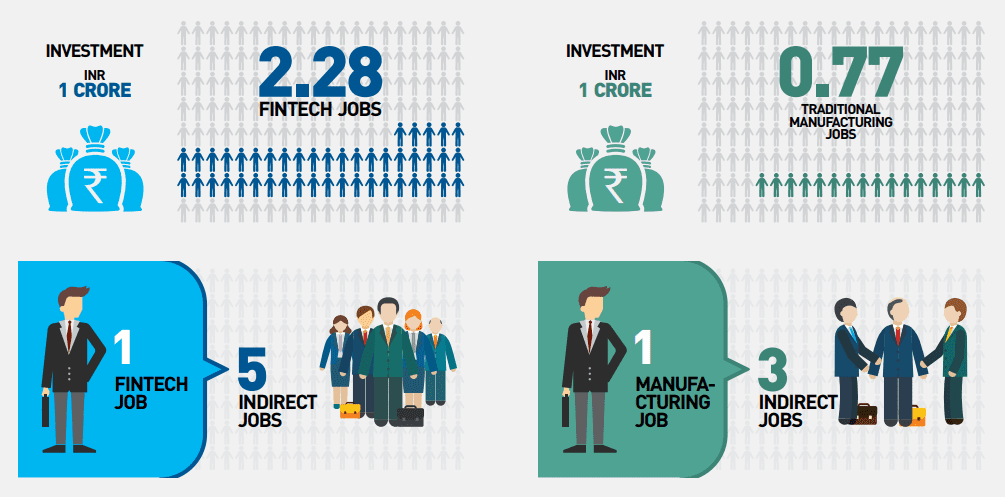In words of a techy, Blockchain is a decentralized electronic ledger system that creates secured transactional records using cryptography which is irreversible corruption thus putting a stop to malpractices of corruption. It can be used in any transaction involving money, property or other goods of value.
Blockchain is the latest transformational innovation using technology. The distributed ledger holds accountability on the user’s end and is spread amount a network of peers. The security of the blockchain lies in the architecture of the technology, spread across multiple users it’ almost impossible to hack as changes from anywhere around the world are updated based on the reach of the network.
In the most basic form blockchain technology can be explained as a medium to record economic transactions in a digitalized form using cryptography to secure the data and maintain transparency in the recording of the data for better accountability in the system. Blockchain is a democratized system in the purest sense.
The Blockchain Economy
The evolution of the economy has been beyond bounds, from the ancient period of barter systems to money as a mainstream method of exchange provides a snippet of this drastic transformation. Adding to this evolution is the latest trend of blockchain technology which has given a new method of exchange and fulfilling of transactions.
The latest version of the economy is impeccable in terms of having any external influences and corruption malpractices. The blockchain economy shows a promising future for the economy, unflawed by any one individual bringing more stability and accountability.
The center of attraction is the concept of using cryptocurrencies as a method of exchange for various transactions which were earlier facilitated through government-backed monetary authorities using their currencies.
Curbing out the middlemen from monetary transactions, blockchains aims to improve and reduce the cost of transactions for people using their cryptocurrencies. At the foundations of cryptocurrencies is the revolutionary blockchain technology.
To have in-depth knowledge about the blockchain economy one needs to understand their method of exchange, which is the cryptocurrency. Cryptocurrency is a type of digital asset that serves as a medium of exchange for financial transactions. Cryptocurrencies use blockchain technology to provide transparency and security for transactions of value. Shaping the era of capitalism, blockchain technology is the catalyst for this remarkable feat.
Blockchain transforming the business
Now that we have made ourselves familiar with the blockchain technology and the economic model using this technology, let’s jump into the applications of the same!
In today’s scenario, evolution in the technological landscape causes a chain reaction in other industries. Almost every industry depends on high technology to conduct and improve its business. Better technology not only saves time and money but also helps to increase productivity and in turn profits for the capitalists which are the end-goal in the era of capitalism.
Blockchains are also referred to as ‘Smart Contracts’, Improvement in the enforcement of the contracts through blockchain is paramount. The contract is automatically enforced and since it requires the approval of all participants the rate of default is almost negligible. Failure to comply with the contract will lead to confiscation of the payment. Replacing the traditional methods of the contract the blockchain sets accountability into motion.
The majority of business houses rely on high technology in their operations given the value it adds to in terms of increasing efficiency and productivity. Cybercrimes are commonplace today and lead to a substantial loss of data and money given the importance of the data in the contemporary. Given the decentralized structure of storage in Blockchain, it provides a more reliable method of holding and securing important data. The information is stored in decentralized fragments making it hard to trace and hack.
Conclusion
With the emergence of cryptocurrencies and the revolutionary changes in the business landscape, the blockchain technology seems to be adding value everywhere given its decentralized and transparent functioning. The blockchain economy emphasizes on creating a more robust network and removing the arbitragers in majority segments who do not hold any intrinsic value but are only functioning due to the informational arbitrage in the economy. The technology also improves security and aims to reduce the cases of cyber crimes given its decentralized ledger construct.


